Several months after his passing, the Daniel K. Inouye Asia-Pacific Center for Security Studies held a special tribute ceremony on November 20th to celebrate the life of the late Lt. General H. C. “Hank” Stackpole. The retired U.S. Marine Corps lieutenant general served as the Center’s first president for seven years (1998-2005). The small event, which included family members and a small group of friends, honored Stackpole with the first DKI APCSS Lifetime Achievement award and rededicated the Center’s auditorium in his name.
DKI APCSS Director Pete Gumataotao hosted the event honoring Lt. Gen. Stackpole and all that he brought to the Center.
“During Hank’s leadership, the Center developed as an outstanding academic institution providing a forum where current and future military and civilian leaders from throughout Indo -Pacific could gather to enhance security cooperation. The strength of his character and depth of his ‘aloha’ for the mission and the broader humanity it embraces made him the ideal leader to chart the course of DKI APCSS,” said Gumataotao.
“Perhaps his greatest legacy to DKI APCSS was Hank’s passionate and unwavering emphasis on building and maintaining relationships. Today, this is the heart of DKI APCSS, and we owe this great man such a debt of gratitude because of this.”
Also speaking at the event was former APCSS Executive Director Dr. Jimmie Lackey, who was instrumental in setting up the Center and hiring Stackpole as its new president.
“If there was ever a great example of having the right person, with the right skills, showing up at the right place, at the right time, it happened in February 1998 when Hank Stackpole stepped off the elevator on the 19th floor of the Waikiki Trade Center as the new president of the Asia-Pacific Center for Security Studies,” said Lackey.
“He had a genuine interest in what we were doing, how we were doing it, why we were doing it…He was prepared on Day 1, to be the leader of the Asia-Pacific Center.”
He also shared that “(Hank) was a patriot in every sense of the word, and he was proud of it. He loved his country, very proud of it and glad to talk about it even with an international audience, he found a creative way of bringing it in and talking about the values he believed in.”
During the Ceremony, Chief of Admissions Tom Patykula presented the posthumous 2020 Lifetime Achievement award to Mrs. Vivien Stackpole on behalf of her late husband. The DKI APCSS Lifetime Achievement Award is for significant and sustained contributions to build capacity, engender security cooperation, and advance peace, stability, and prosperity throughout the Indo-Pacific region and the world.
DKI APCSS Chief of Regional Engagement Operations Lenore Patton presented Mrs. Stackpole with a special book commemorating her late husband. According to Patton, “When news of the general’s passing reached our staff (current and former) and our colleagues and alumni throughout all our communities here in the US and in the region, we received an outpouring of messages from here at home and from over 60 nations. Messages of condolence, sympathy, great memories, and wonderful stories. These have all been captured in this book.”
She also shared her memories of working with the former APCSS president. “I had been with the Center for just over three years as part of the inauguration team…By 1998, we anxiously awaited the start of the boss. In Lieutenant General Stackpole, our small start-up team found our compass, our statesman. We found our wise counsel. We found our champion and we found our visionary leader… I’m so incredibly honored to have been mentored by LtGen Stackpole for the seven years he served as president.”
Mrs. Stackpole, who was accompanied by her children Colin, Dana, and Karen thanked the Center for honoring her late husband.
“I’m sure he’s very happy and honored about it, but I’m sure he’d say ‘too much fuss,’ she joked. “I think Hank enjoyed [APCSS] as much as he enjoyed the Marine Corps.”
After the initial ceremony, the small group moved to the foyer for the untying of a maile lei to rededicate the auditorium as the “Lt. Gen. H.C. ‘Hank’ Stackpole III Auditorium.”
“From the day Hank Stackpole and Jimmie Lackey opened its doors, this auditorium has served proudly as a haven of cooperation,” said Gumataotao. “ A place where security practitioners shared and learned from each other. Where relationships were formed and later used as bridges – collaborating and cooperating. Yes, many of our alumni who have come through these doors were fortunate to have met General Stackpole. It is our hope that future Indo-Pacific security practitioners who come to our Center will benefit from the culture of respect, and transparency that Hank had established while he was here,” he added.
The Daniel K. Inouye Asia-Pacific Center for Security Studies (DKI APCSS) is a U.S. Department of Defense institute that officially opened Sept. 4, 1995, in Honolulu, Hawaii. DKI APCSS addresses regional and global security issues, inviting military and civilian representatives of the United States and Asia-Pacific nations to its comprehensive program of executive education and workshops, both in Hawaii and throughout the Indo-Pacific region.
The Center supports the U.S. Indo-Pacific Command’s objective of developing professional and personal ties among national security establishments throughout the region. With a non-warfighting mission, the Center focuses on a multilateral and multi-dimensional approach to defining and addressing regional security issues and concerns. The most beneficial result is building relationships of trust and confidence among future leaders and decision-makers within the region.
DKI APCSS provides a focal point where national officials, decision makers and policy makers can gather to exchange ideas, explore pressing issues and achieve a greater understanding of the challenges that shape the security environment of the Indo-Pacific region. As well, the Center gives attention to the increasingly complex interrelationships of military, economic, political and diplomatic policies relevant to regional security issues through its three academic components: executive education, workshops and research and publications efforts.



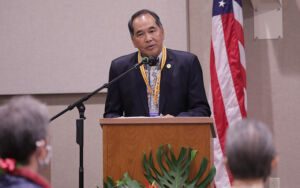
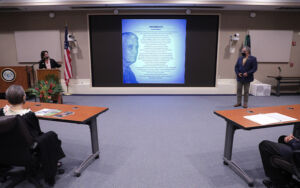

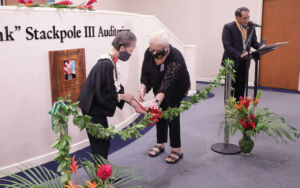
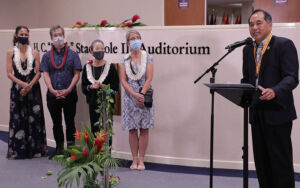
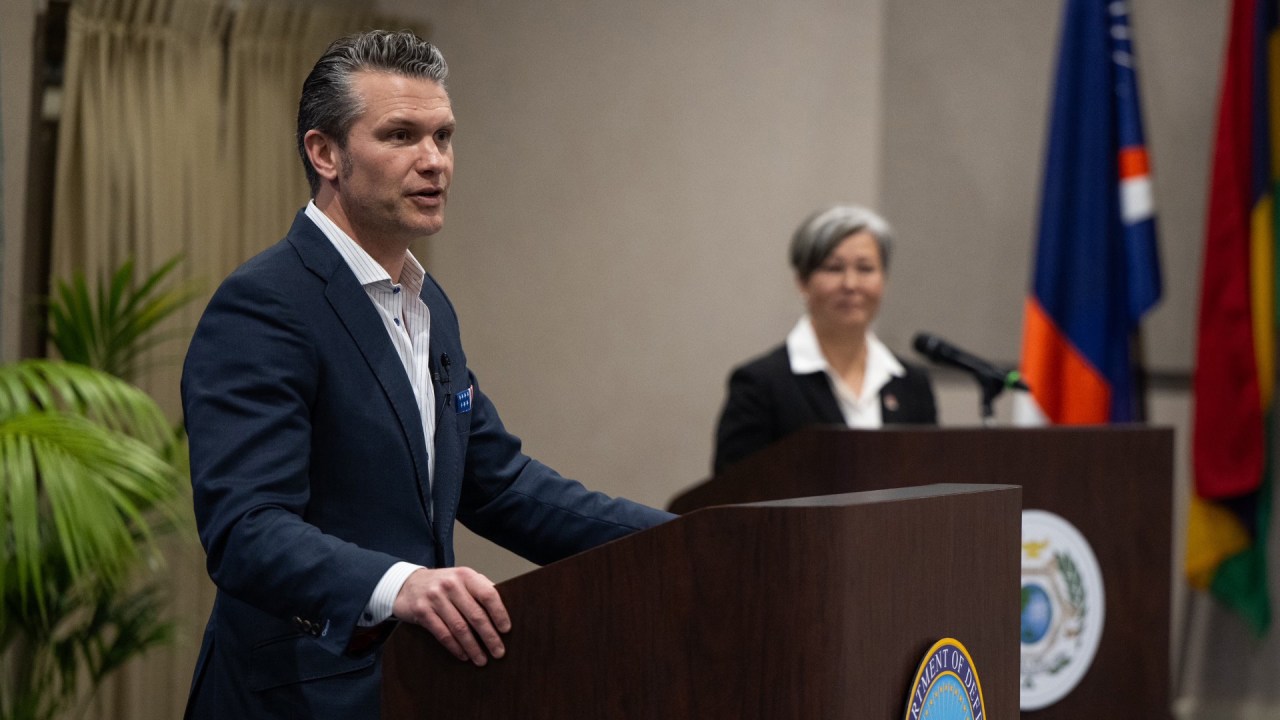

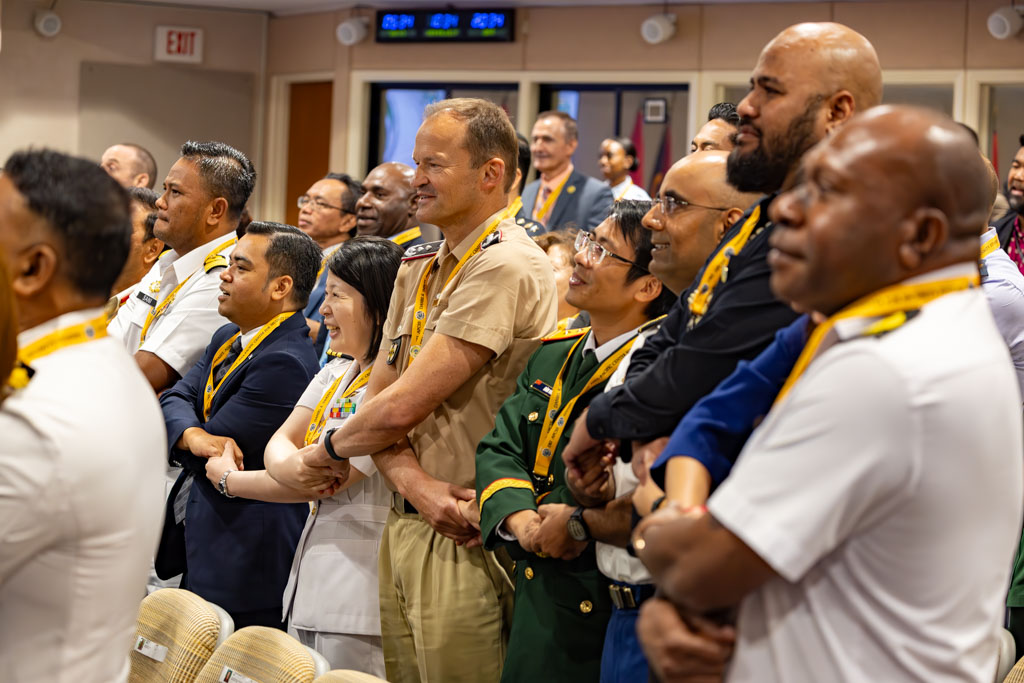


Leave A Comment